Tile Roof Storm Damage in Missouri: Common Issues and Repair Solutions
June 30, 2025
Written By
All Trades Restoration Services
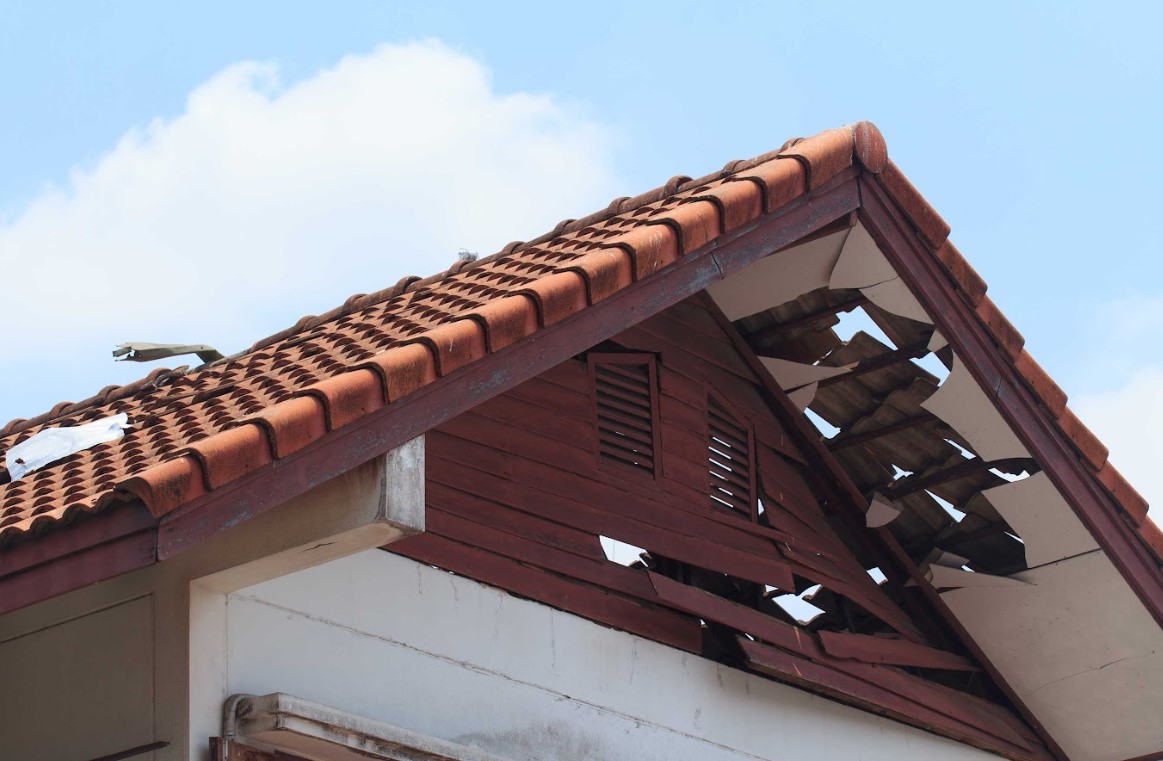
Tile roofs are a durable and attractive option for many Missouri homeowners. Known for their longevity, energy efficiency, and aesthetic appeal, tile roofs can last for decades when properly maintained. However, even the sturdiest tile roof is not immune to storm damage. Missouri’s weather—ranging from heavy spring thunderstorms and hail to strong summer winds—can cause a variety of issues that compromise the integrity of your roof.
At All Trades Restoration, we specialize in tile roof inspections, storm damage repair, and restoration for homeowners throughout Missouri. Our team helps identify problems early, perform efficient repairs, and ensure your roof continues to protect your home effectively. This guide will cover the most common storm-related tile roof issues and how to respond.
Why Tile Roofs Are Popular in Missouri
Tile roofs are commonly made from clay, concrete, or slate, offering a blend of durability, fire resistance, and energy efficiency. They are designed to withstand harsh climates and extreme temperatures, making them ideal for the Midwest.
Key benefits include:
- Longevity: Many tile roofs can last 50 years or more with proper care.
- Heat reflection: Clay and concrete tiles reflect heat, keeping homes cooler during Missouri’s hot summers.
- Low maintenance: Tile is resistant to rot, insects, and fire.
Despite these advantages, tile roofs are vulnerable to certain types of storm damage, particularly during high winds, hail, or falling debris.
Common Tile Roof Storm Damage
Even small storms can cause damage that, if left unchecked, may lead to leaks, structural issues, or costly repairs. Here are the most frequent problems seen on Missouri tile roofs after a storm:
1. Broken or Cracked Tiles
- Hail, falling branches, or heavy debris can crack or break individual tiles.
- Damaged tiles compromise the roof’s waterproof barrier, allowing water to penetrate beneath the roof deck.
2. Loose or Displaced Tiles
- High winds can lift tiles or shift them out of place, creating gaps.
- Even minor displacement can allow wind-driven rain to enter and damage the underlayment or roof deck.
3. Underlayment Damage
- The protective underlayment beneath the tiles may tear or deteriorate during storms.
- Compromised underlayment increases the risk of leaks even if the tiles appear intact.
4. Flashing and Roof Penetration Damage
- Storms can damage flashing around chimneys, vents, or skylights.
- Damaged or loose flashing can allow water infiltration at critical points on the roof.
5. Gutter and Drainage Problems
- Storms often leave debris in gutters, which can lead to water backup against the roof edge.
- Poor drainage increases the risk of leaks, ice dams in winter, and water damage to fascia boards.
How to Respond After a Storm
Prompt action is crucial to prevent minor damage from escalating into major repairs. Here’s what Missouri homeowners should do:
1. Safety First
- Avoid climbing on a wet or slippery tile roof, as tiles are brittle and can break under weight.
- Stay clear of downed power lines or storm debris near the home.
2. Document Damage
- Take clear photos of broken, cracked, or displaced tiles.
- Capture any interior water damage or leaks for insurance documentation.
3. Temporary Protection
- Use tarps to cover exposed areas if tiles are missing or severely damaged.
- Avoid DIY repairs that could void warranties or cause further damage.
4. Contact Professionals
- Schedule a tile roof inspection with experienced contractors.
- Professionals can identify hidden damage, replace tiles correctly, and repair underlayment or flashing as needed.
Tile Roof Repair Solutions
Repairing a storm-damaged tile roof requires skill and experience to maintain the roof’s durability and aesthetic appeal. Common solutions include:
1. Tile Replacement
- Broken or cracked tiles are replaced individually.
- Professionals ensure matching materials and proper installation to maintain roof integrity.
2. Repositioning Loose Tiles
- Displaced tiles are carefully lifted and reset with proper adhesive or mechanical fasteners.
- This restores the waterproof barrier and prevents further wind or water damage.
3. Underlayment Repairs
- Torn or damaged underlayment is replaced or patched.
- This critical step ensures the roof remains watertight even if individual tiles are intact.
4. Flashing and Penetration Repairs
- Loose or damaged flashing is repaired or replaced to prevent leaks.
- Roof penetrations, such as vents and skylights, are resealed to maintain weatherproofing.
5. Gutter and Drainage Maintenance
- Debris is cleared from gutters and downspouts.
- Proper water flow is restored to prevent water backup at the roof edge.
Preventing Future Storm Damage
While you cannot control the weather, proactive measures can reduce the risk of tile roof damage:
- Regular inspections: Schedule at least one professional inspection annually, or after significant storms.
- Trim overhanging branches: Limiting debris falling onto the roof reduces breakage risk.
- Secure loose tiles: Early detection of movement prevents damage during high winds.
- Upgrade underlayment or flashing: High-quality materials improve storm resilience.
Why Choose All Trades Restoration
At All Trades Restoration, we understand the unique challenges Missouri homeowners face with tile roofs. Our team provides:
- Comprehensive storm damage inspections to identify visible and hidden issues.
- Expert tile replacement and repair that preserves your roof’s integrity and appearance.
- Flashing and underlayment repair to ensure your roof remains waterproof.
- Gutter and drainage maintenance to support long-term roof performance.
Our goal is to restore your roof quickly, safely, and efficiently, minimizing disruptions to your home and life.
Conclusion
Tile roofs offer long-lasting beauty and protection for Missouri homes, but they are not immune to storm damage. From cracked or displaced tiles to underlayment and flashing issues, prompt identification and professional repair are essential.
All Trades Restoration helps homeowners assess damage, implement effective repairs, and take preventive steps to protect their investment. If your tile roof has been impacted by storms, schedule a professional inspection today to restore your roof and ensure it continues to safeguard your home for years to come.
Recent Articles
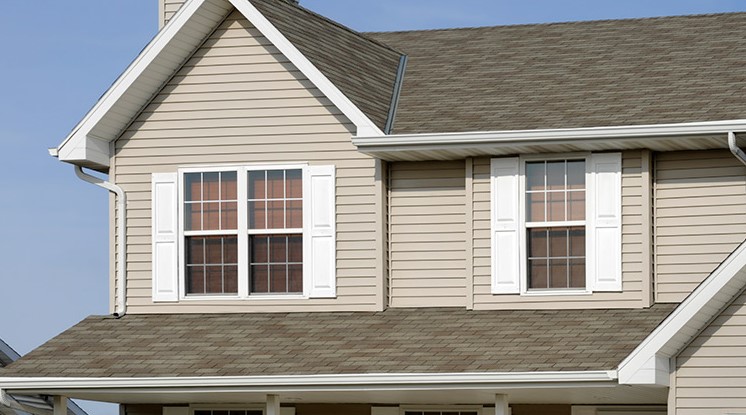
Residential Siding
Siding Energy Efficiency: How Your Siding Choice Impacts Utility Bills
Learn how siding energy efficiency affects heating and cooling costs. All Trades Restoration Services explains how the right siding helps lower utility bills.
February 5, 2026
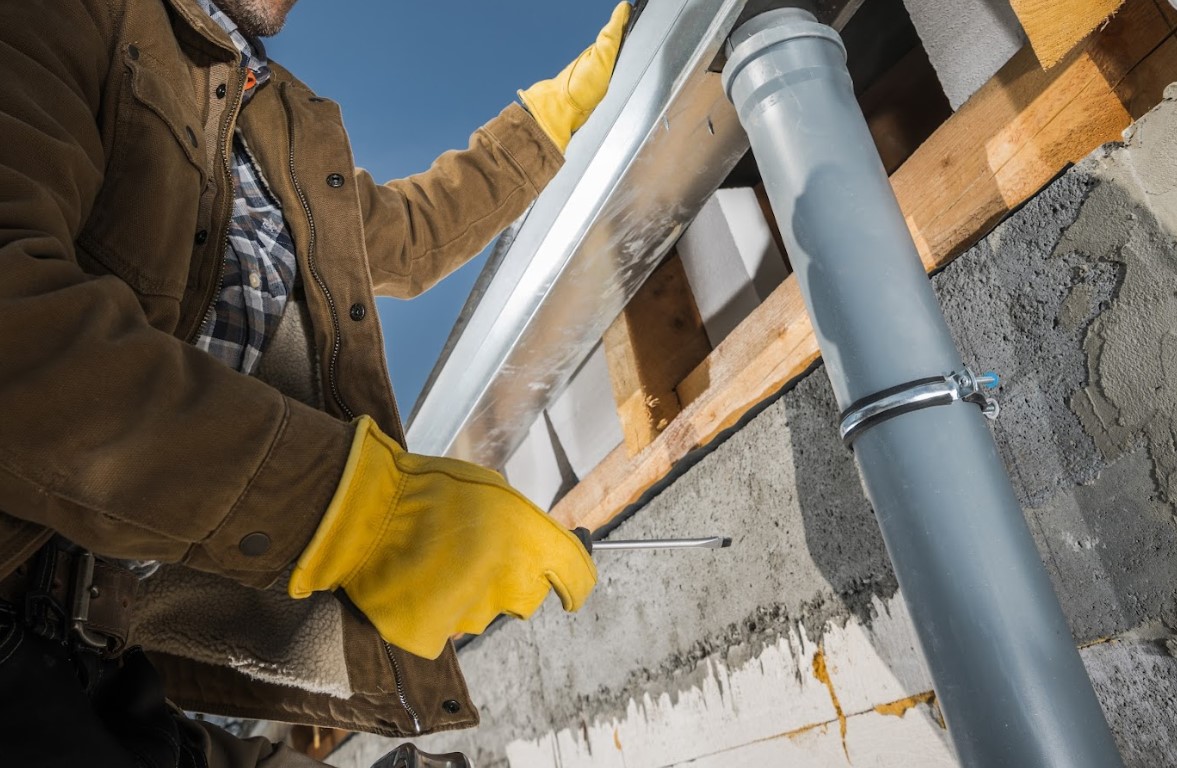
Residential Gutters
Gutter Maintenance 101: Keeping Your Gutters in Top Shape
Learn why regular gutter maintenance matters and how it protects your roof, siding, and foundation. Trusted guidance from All Trades Restoration Services.
February 3, 2026
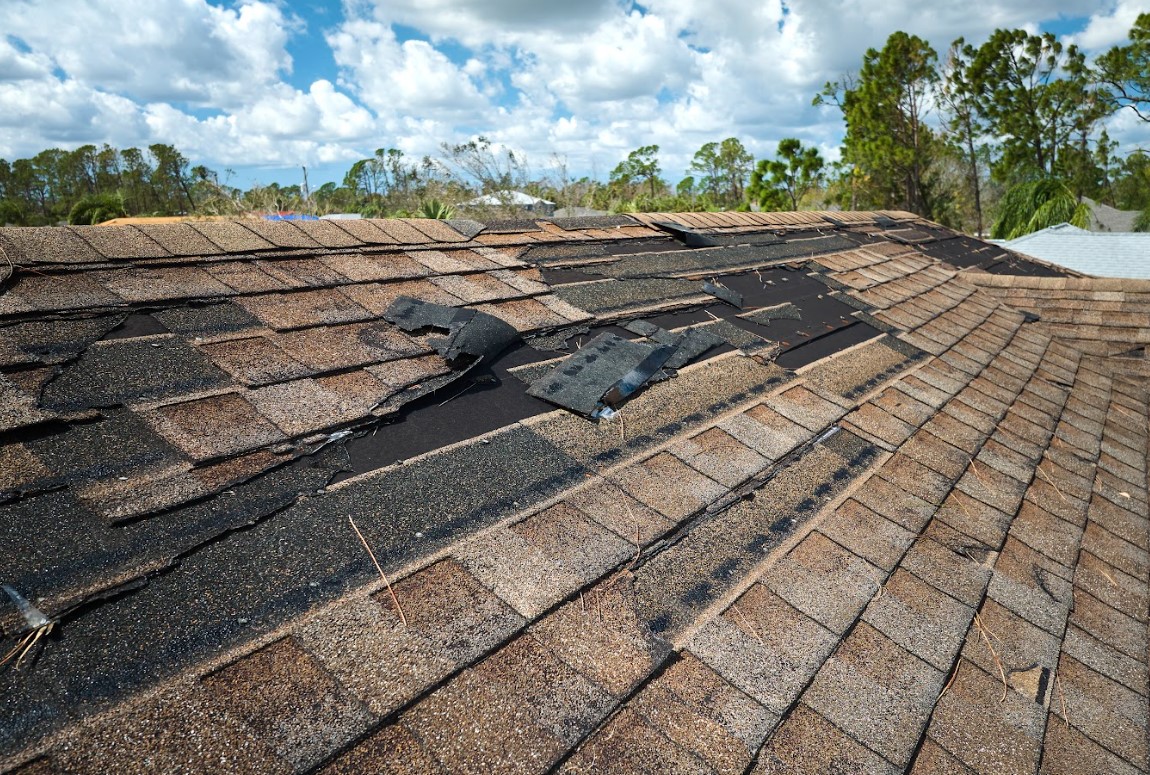
Residential Roofing
Top Signs It's Time for a Roof Replacement
Learn the most common roof replacement signs Missouri homeowners should watch for. All Trades Restoration Services explains when replacement is the safer choice.
February 2, 2026
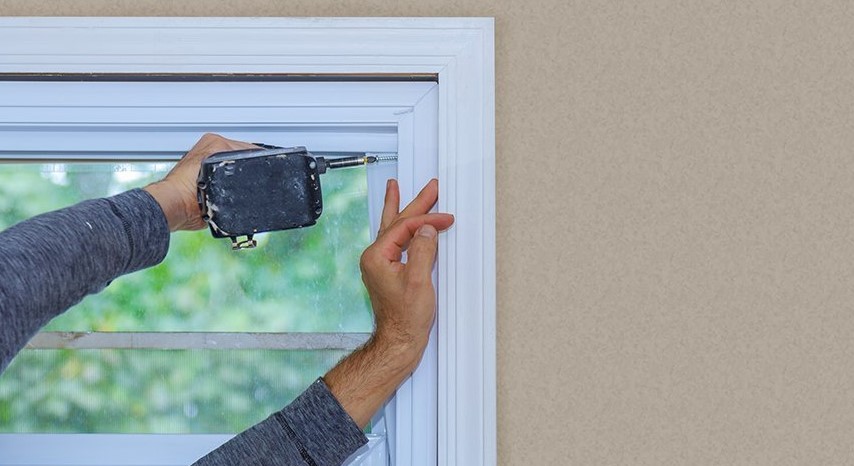
Residential Window
Window Weatherproofing: Techniques to Keep Your Home Comfortable
Learn how window weatherproofing helps reduce drafts, improve comfort, and lower energy costs. All Trades Restoration Services shares trusted solutions for Missouri homes.
February 1, 2026

